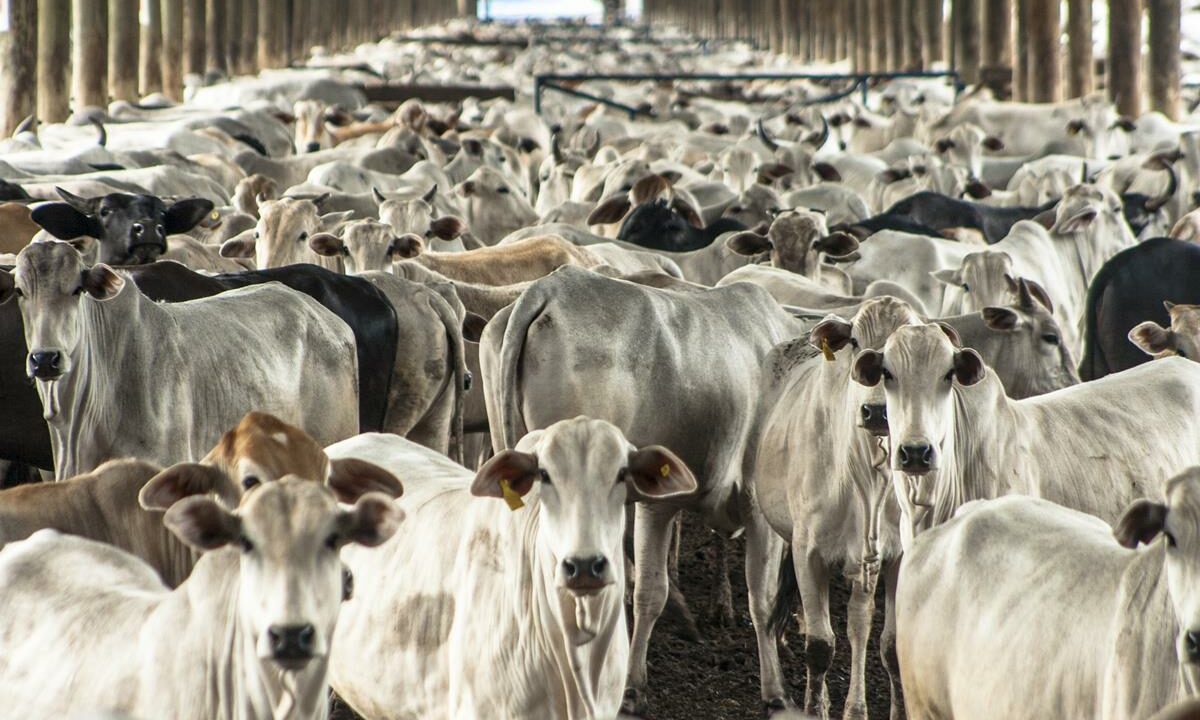Imports of beef from South America could increase by as much as 64% under the EU-Mercosur trade agreement.
That’s according to a sustainability impact assessment (SIA) on the trade deal, conducted and released earlier this month by the London School of Economics (LSE) – over 12 months after the deal was agreed.
The LSE has conducted the assessment based on two separate scenarios: A ‘conservative’ scenario (i.e. a 15% cut in EU tariffs for Mercosur meat products); and an ‘ambitious’ scenario (i.e. a 30% cut in EU tariffs for Mercosur meat products).
The report notes that, although domestic consumption of beef is high in the Mercosur countries, it is a major exporter in all segments of the beef market.
However, particularly with frozen and chilled beef products, those countries tend to export their higher-quality produce to the EU rather than elsewhere.
The report highlights that the effect of the free trade agreement is “likely to fall primarily on the premium segment of the market”.
Commission questioned on delay in assessment
It emerged last week that the European Ombudsman has begun an inquiry into why the European Commission did not finalise an SIA before the EU-Mercosur trade agreement concluded in June of last year.
The complaints received by the ombudsman – from five civil society organisations – argue that, by not taking this step, the commission disregarded its own guidelines on SIAs and breached the EU Treaty, which contains sustainability goals for all EU trade.
The ombudsman has decided to use the inquiry to put further questions to the commission, including how it intends to use the final report and whether the standard procedure for SIAs was followed.
Commenting on this, Fianna Fáil MEP Billy Kelleher said it was a “positive and responsible move” on the part of the ombudsman.
“At the core of this inquiry is the EU Commission’s failure to follow its own advice and carry out a full SIA before concluding the agreement with a number of South American countries,” Kelleher argued.
“If the EU cannot follow its own guidelines, how can we be confident that the decision taken is in the best interests of EU citizens and of the environment?” he added.
